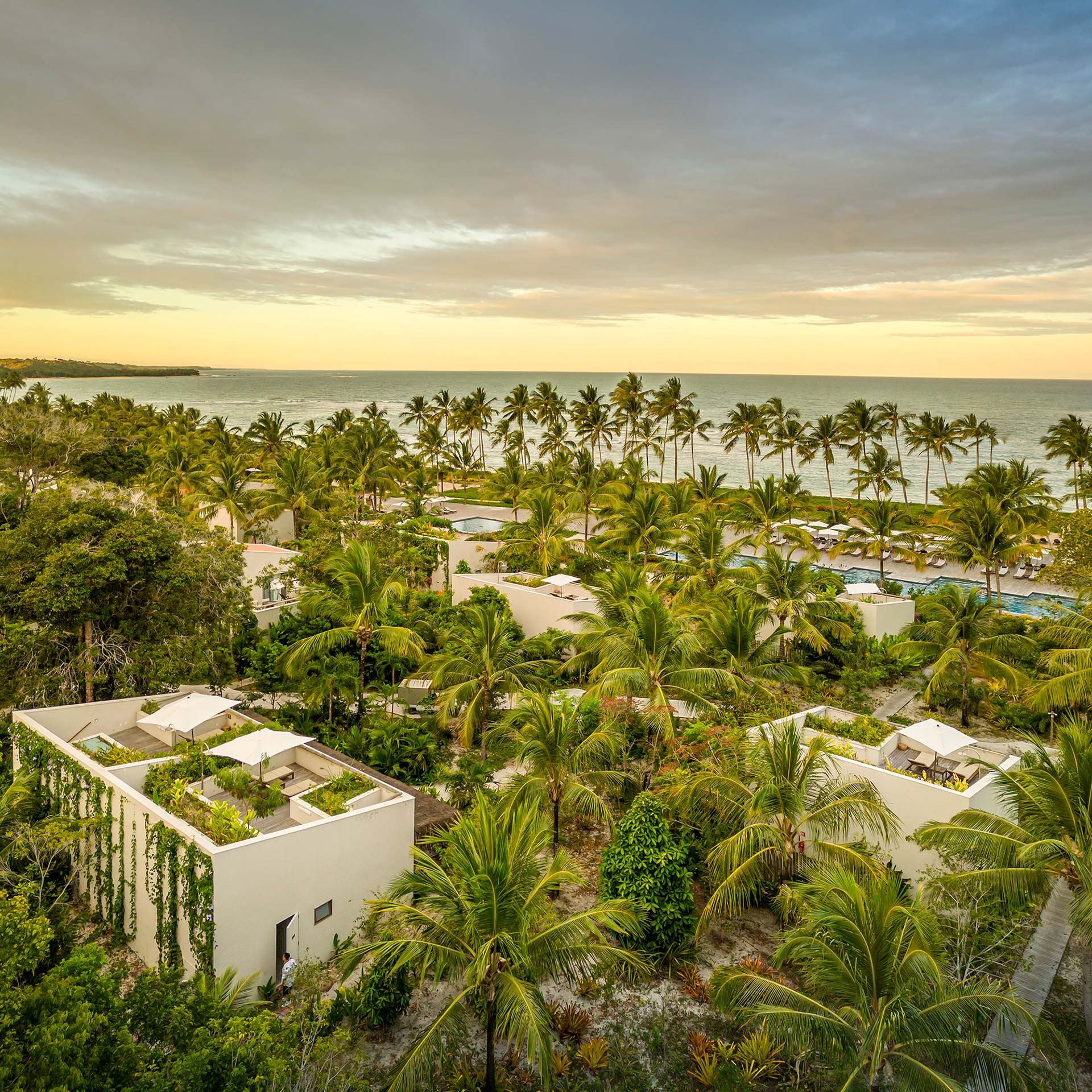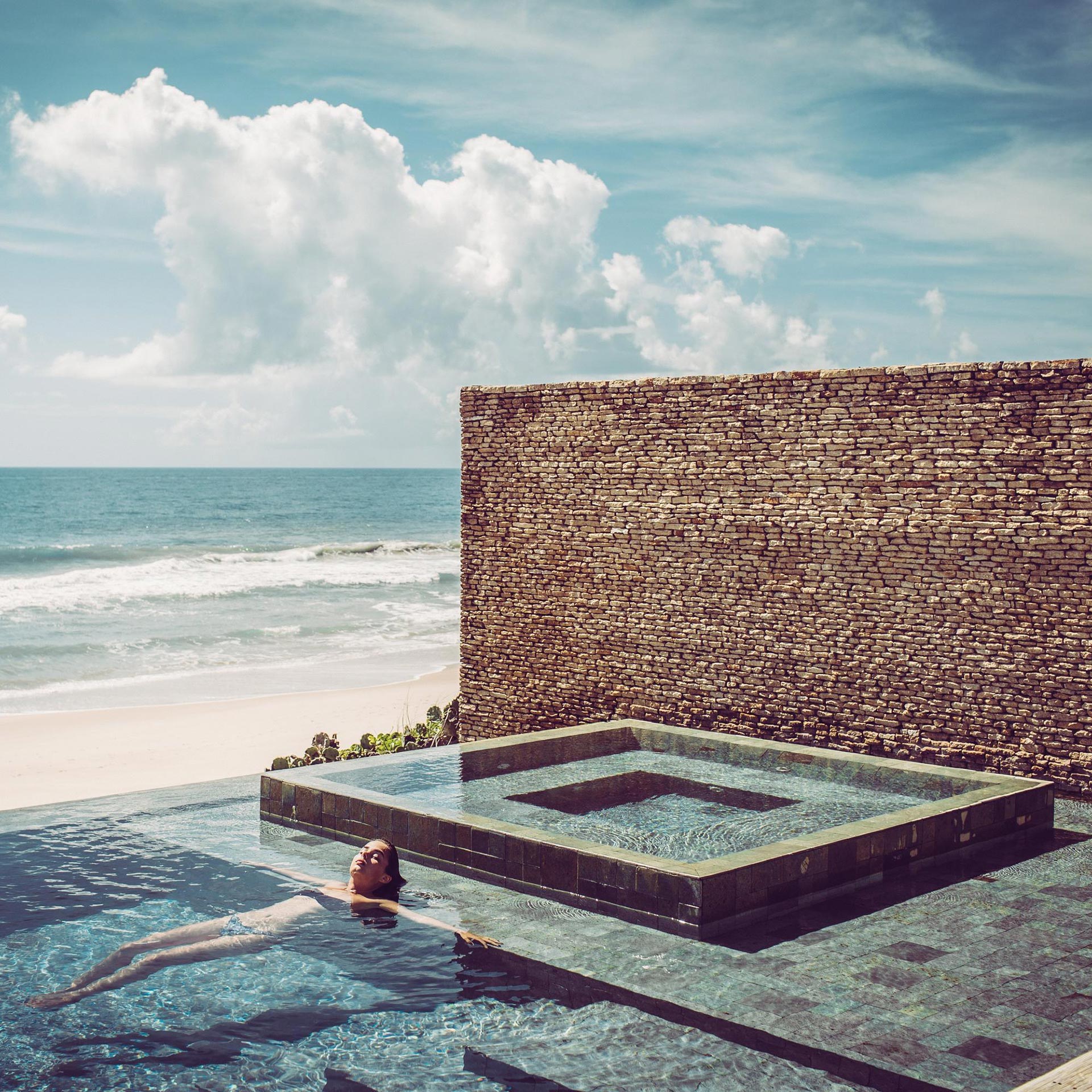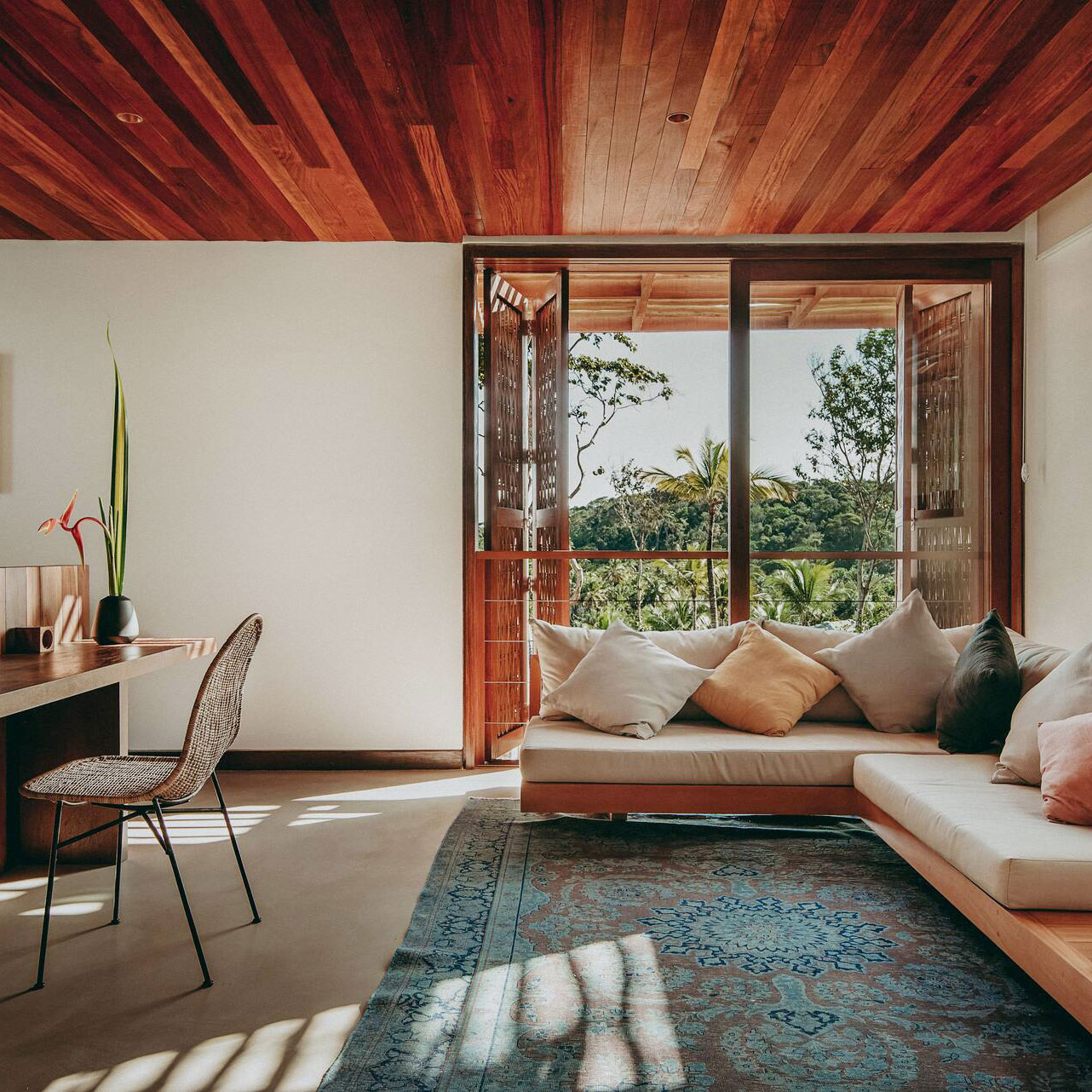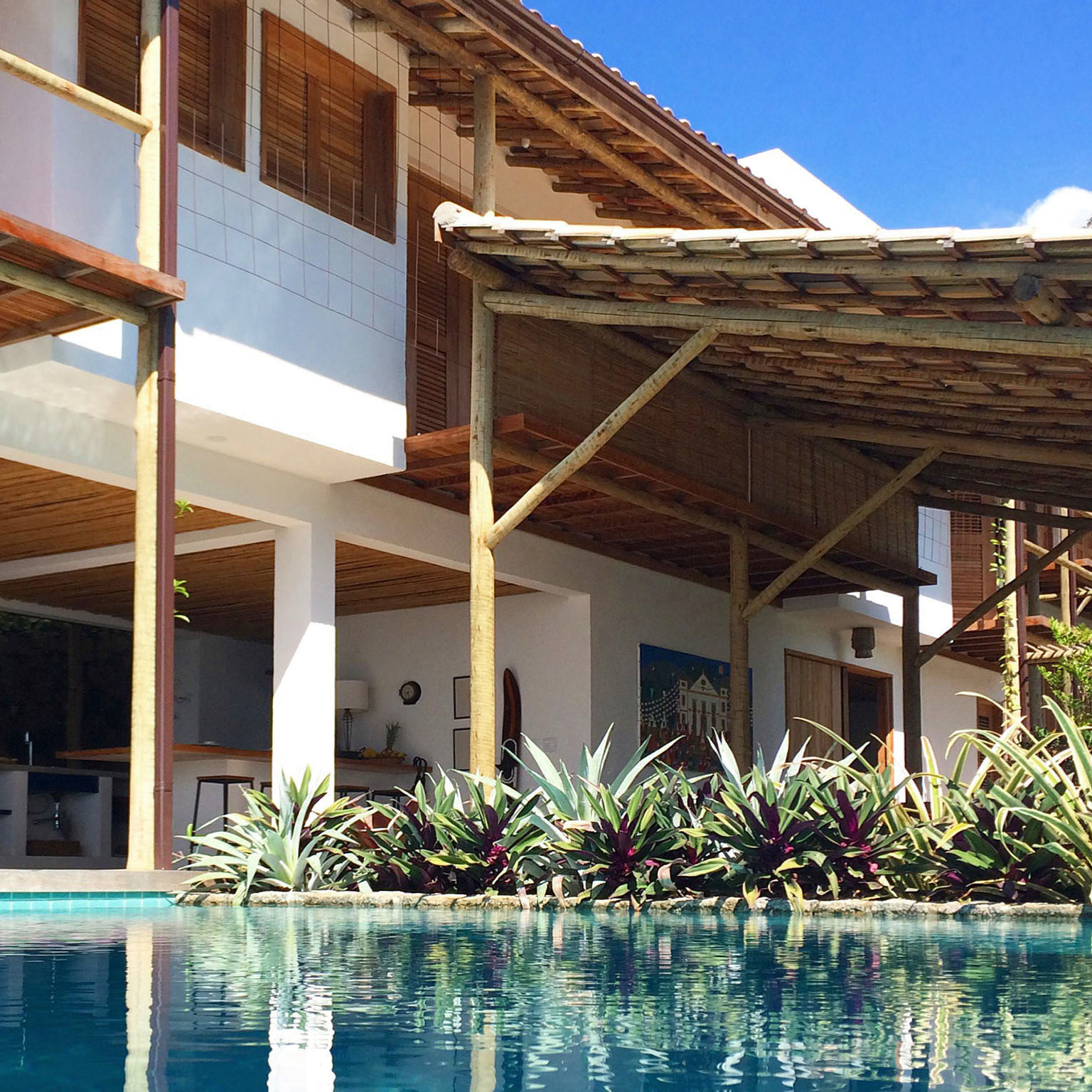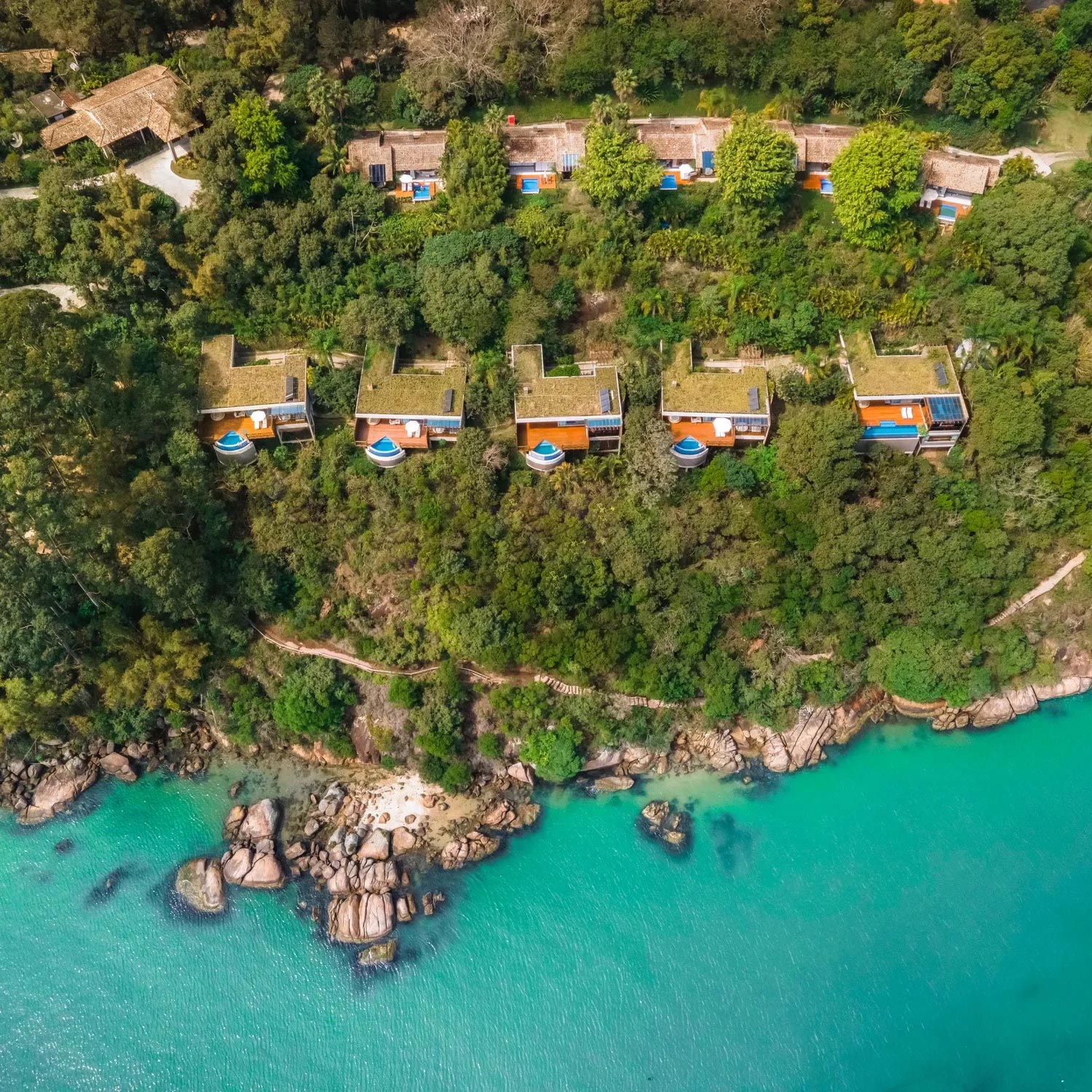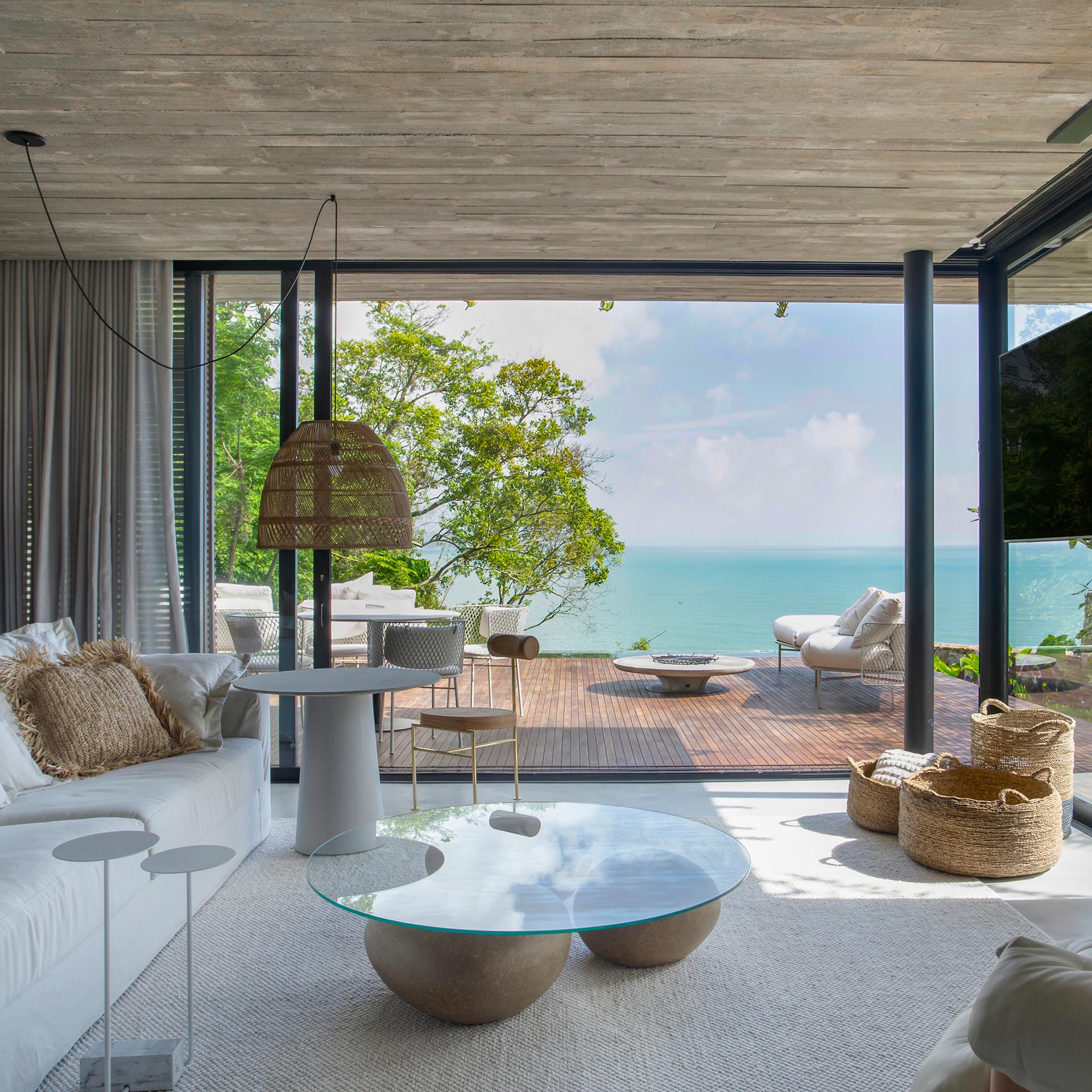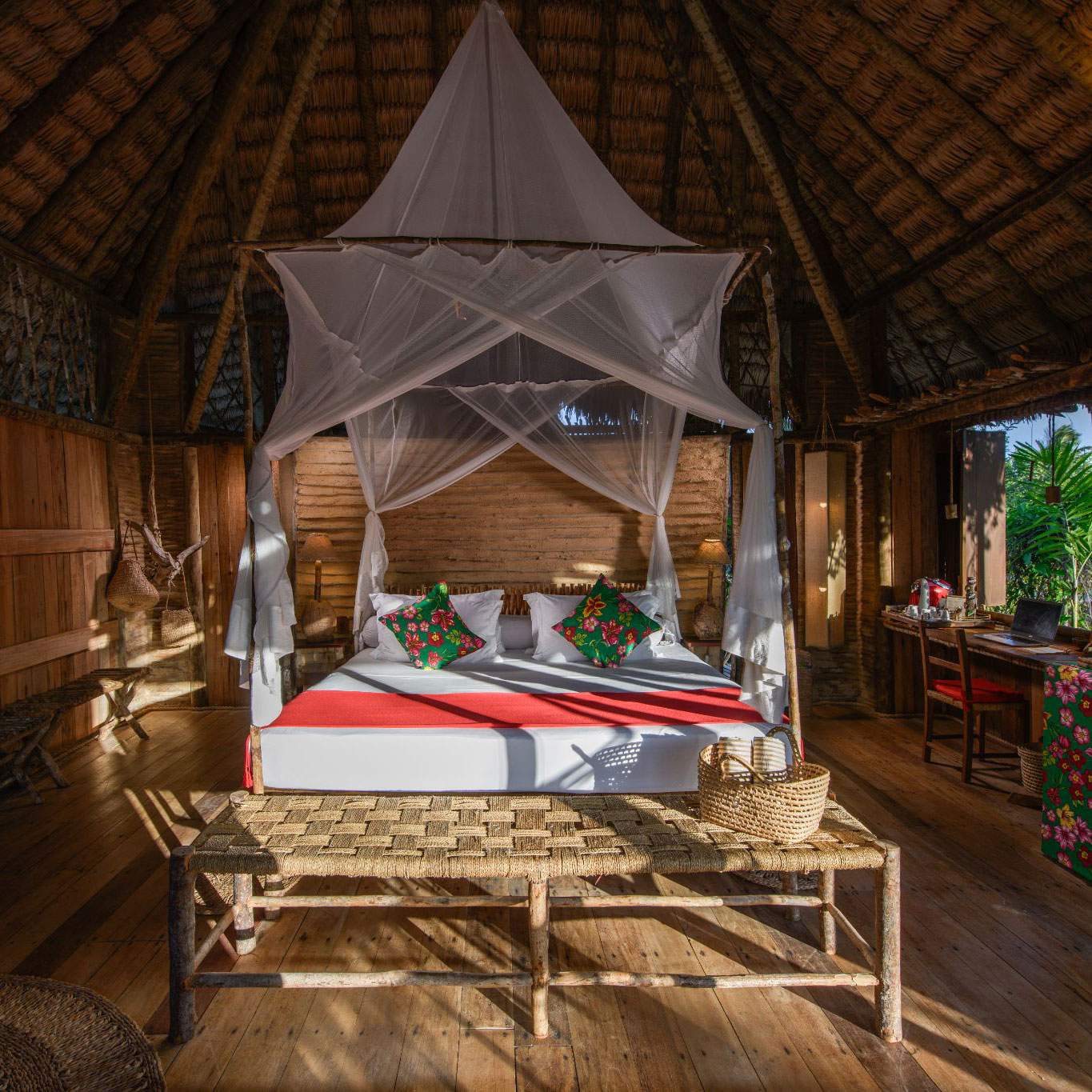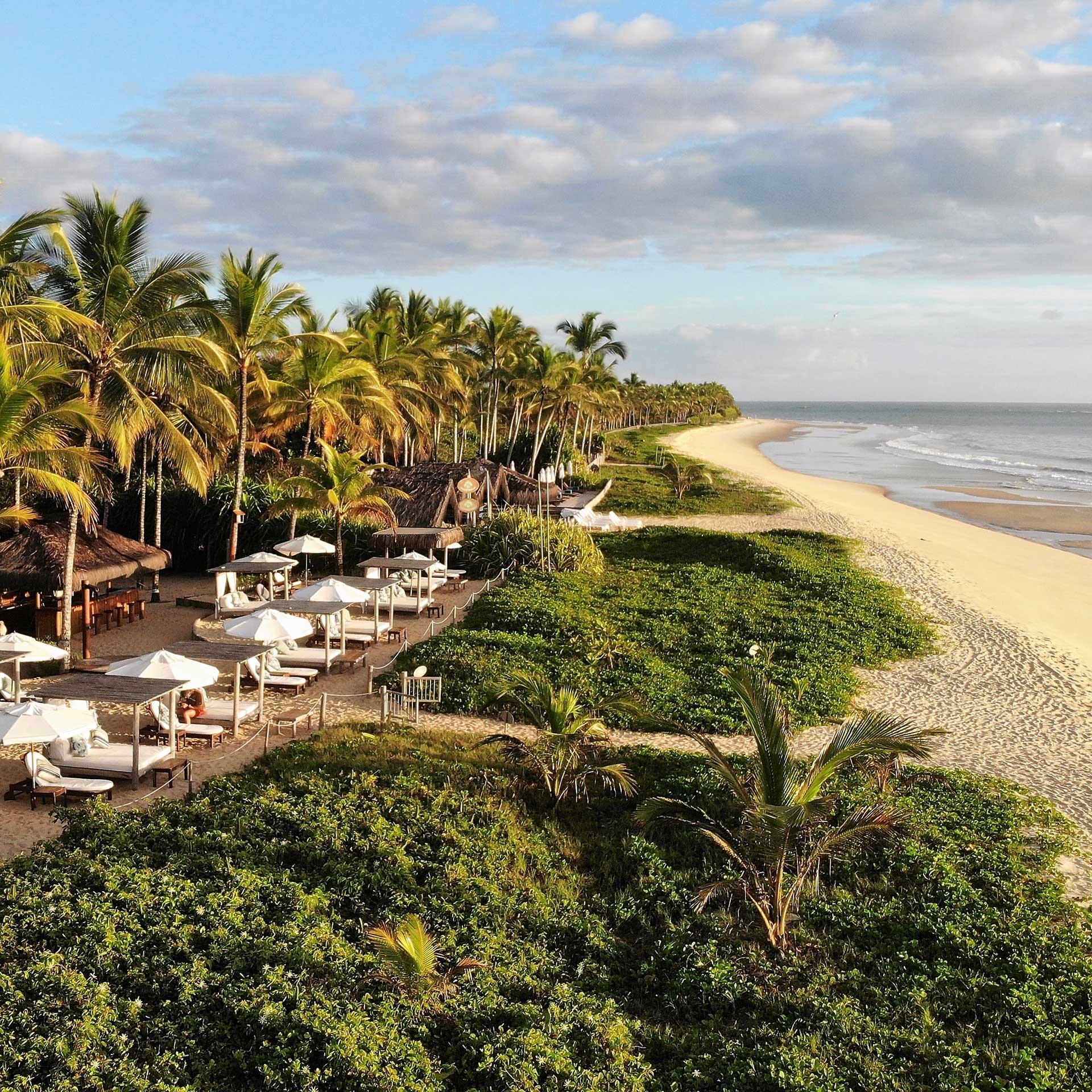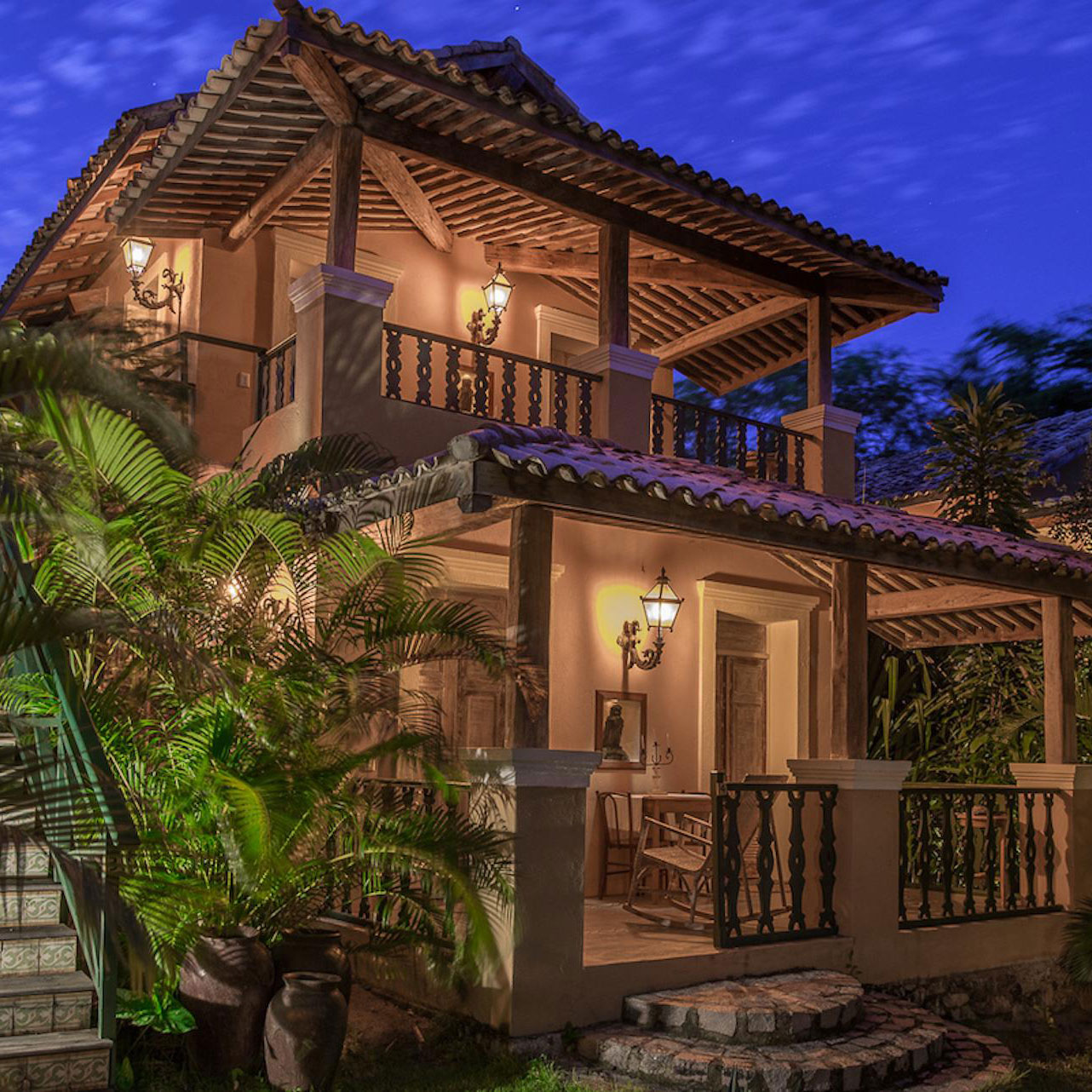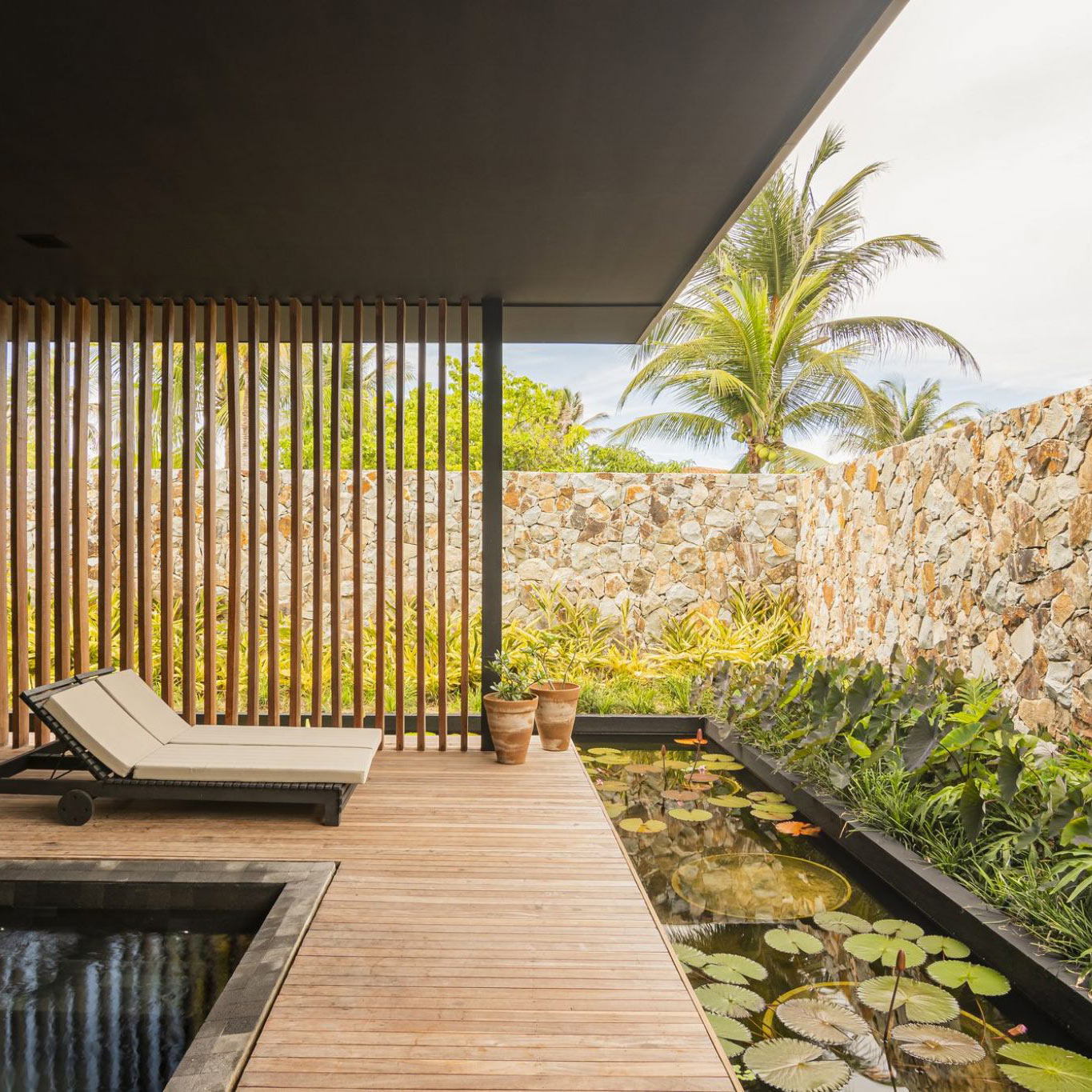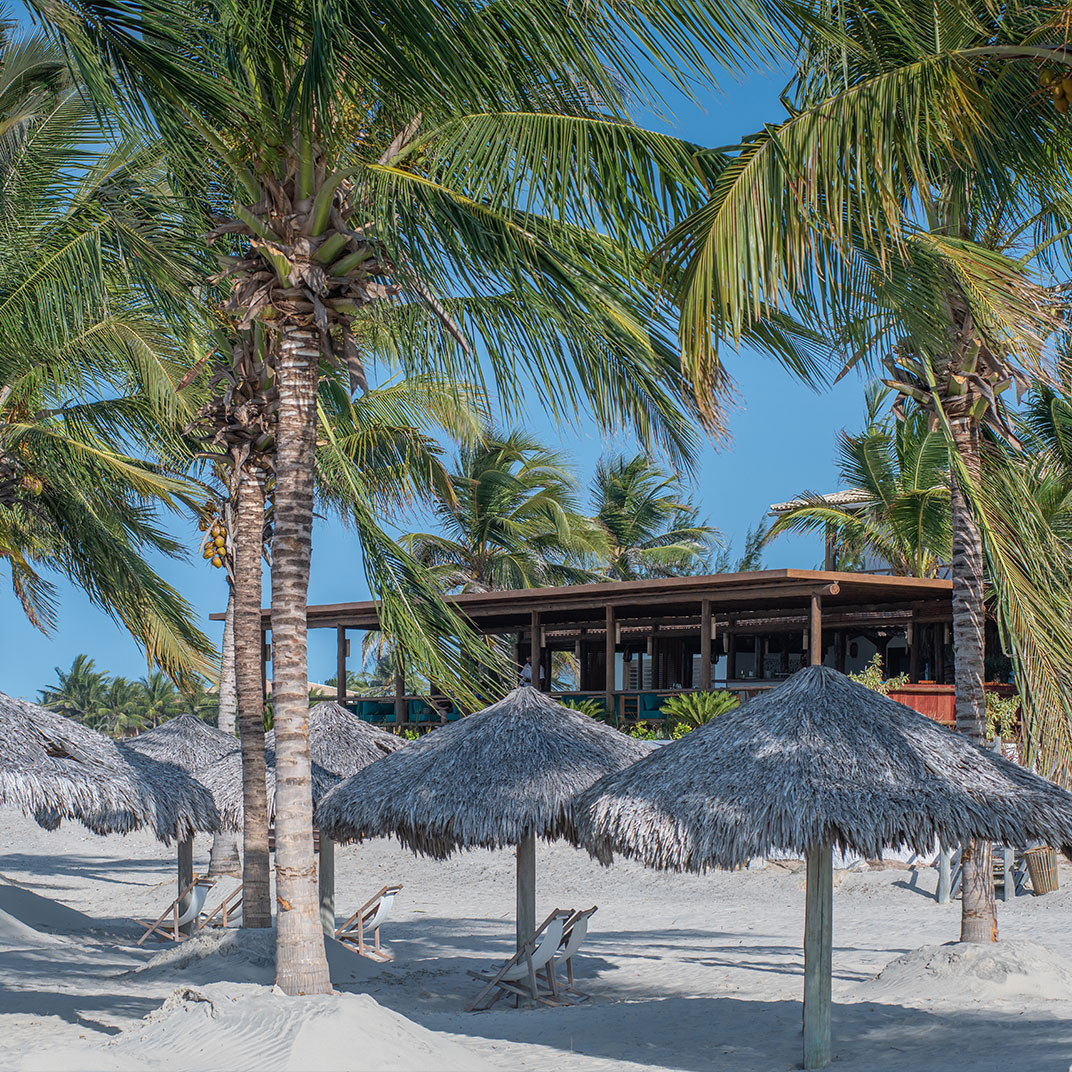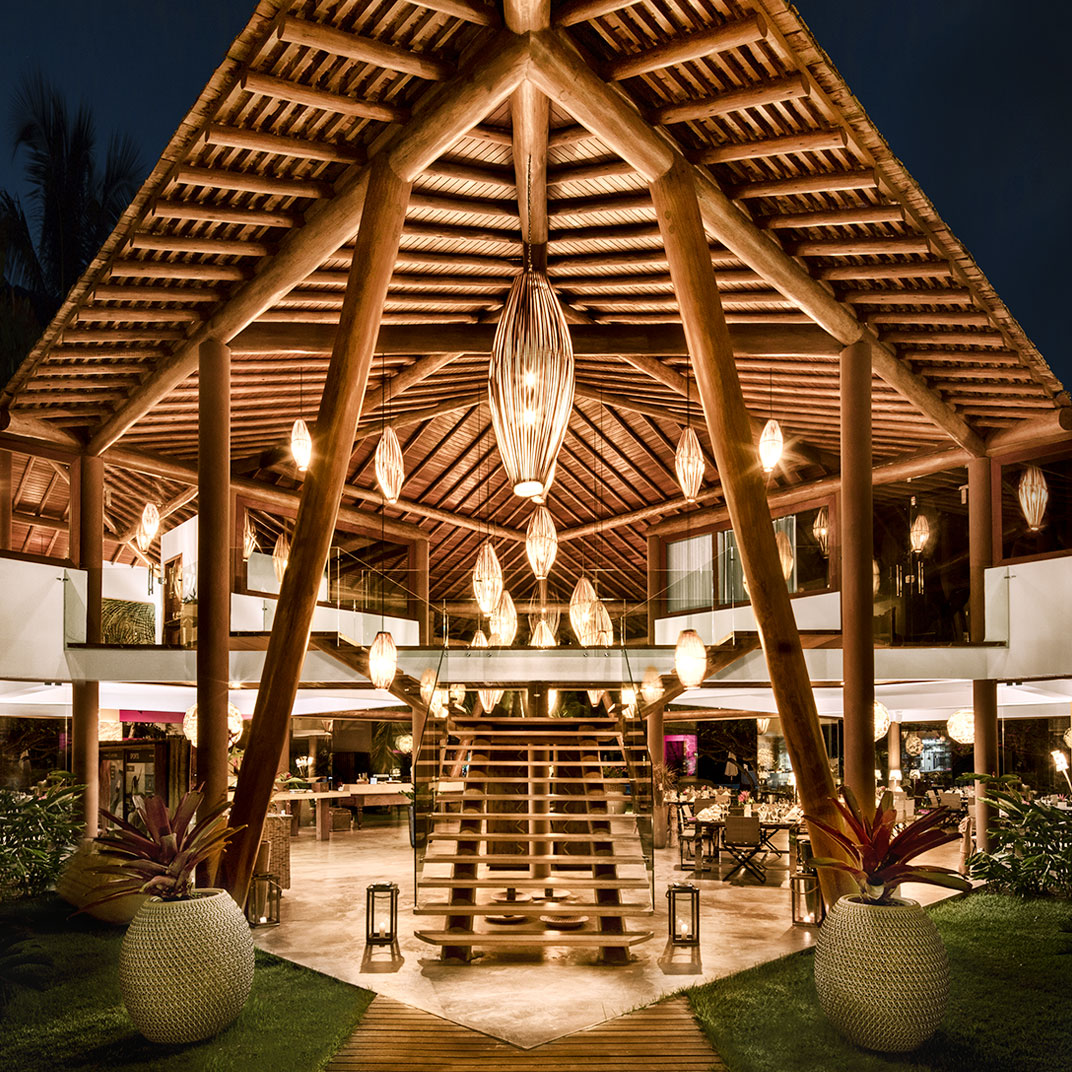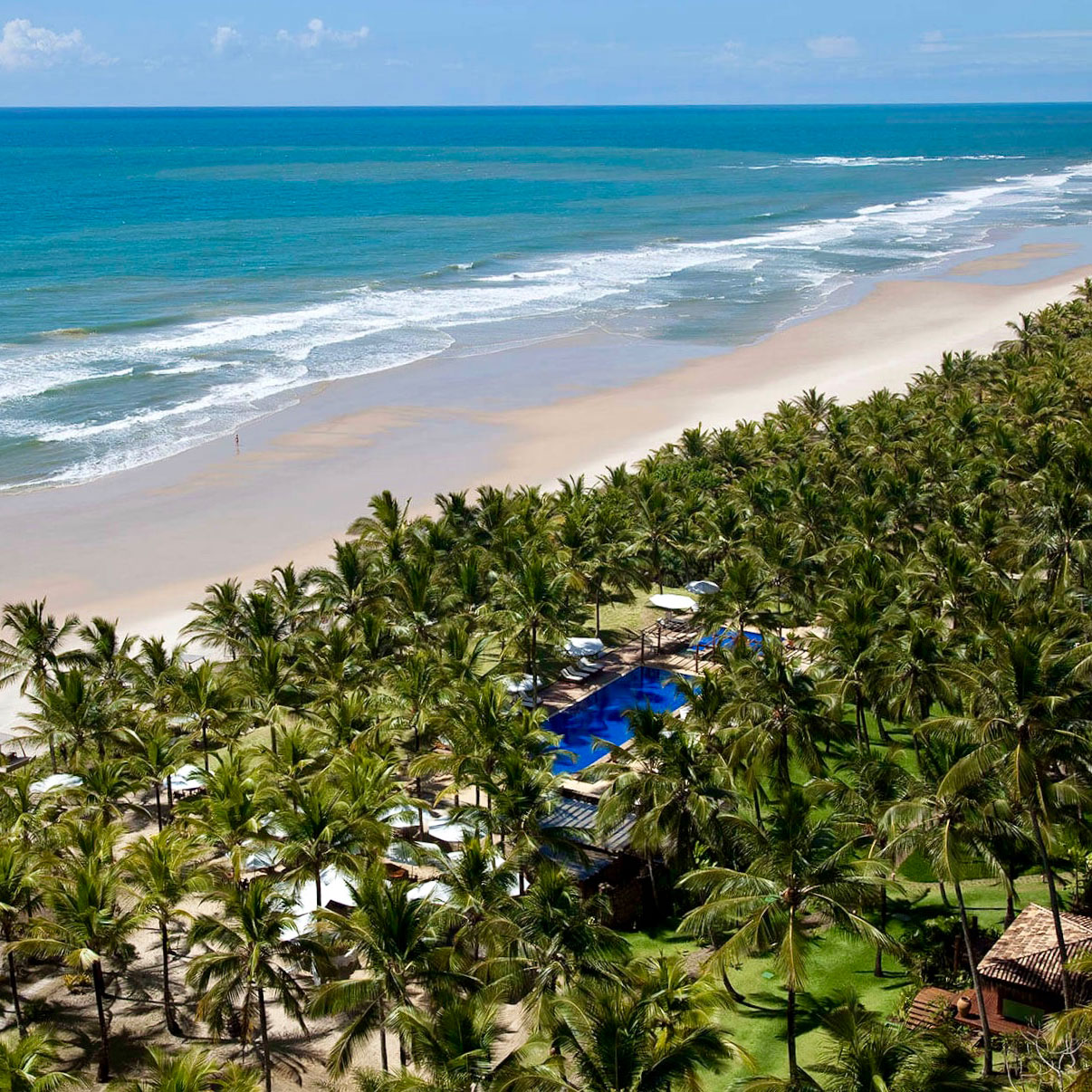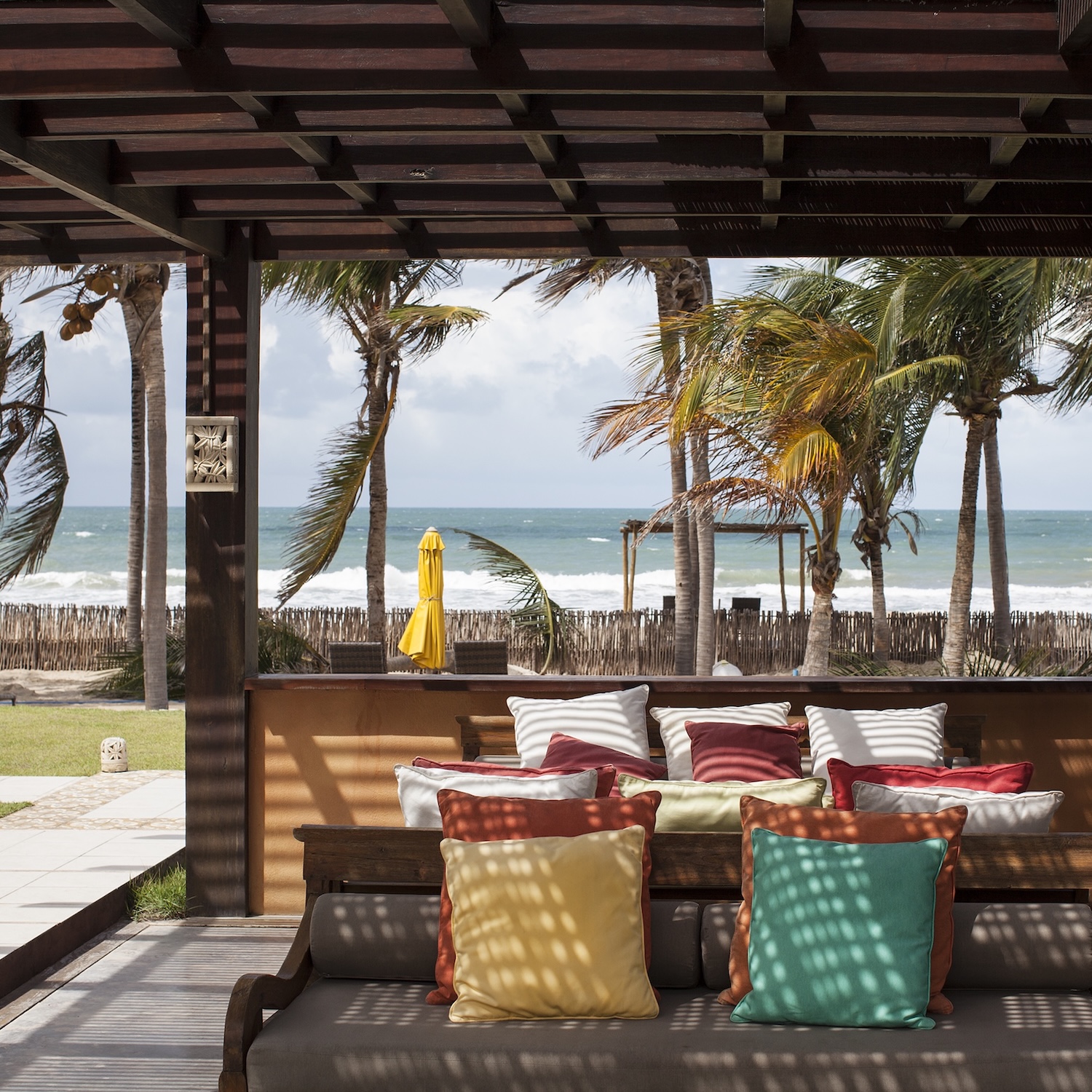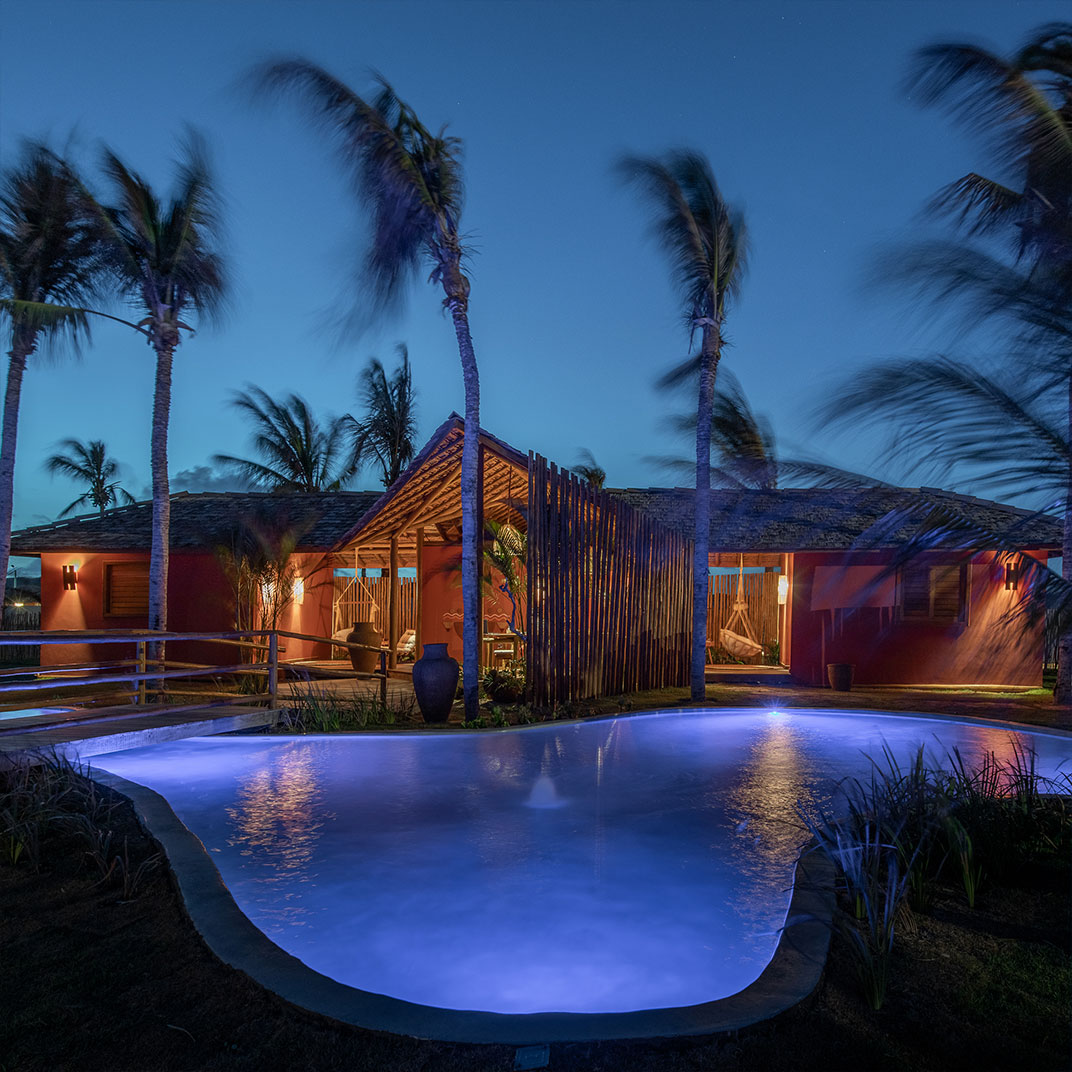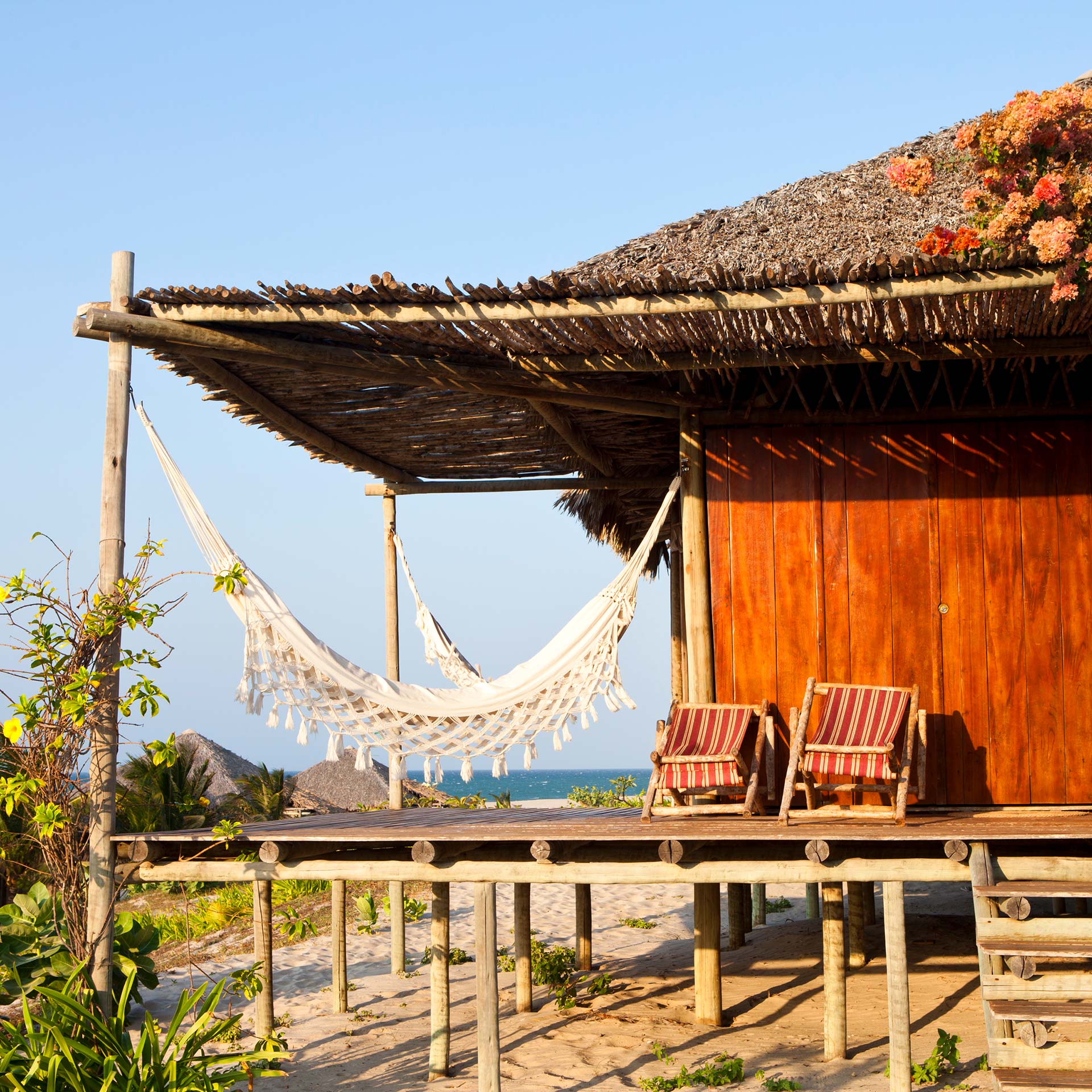
From LGBTQ rights and Orson Welles to progressive prisons and unbelievable beachfront hotels, here are a few fascinating things to know about Brazil.
It’s not a stretch to say that Brazil ruined Orson Welles. In 1942, still glowing from the success of Citizen Kane, Orson Welles was sent to Brazil on a goodwill mission for the U.S. government. The film he was there to make would’ve been called It’s All True, but very little went as planned: the movie’s backers backed out, production was halted, and hundreds of thousands of feet of negatives were eventually dumped into the ocean. Worse than all that, though, RKO Pictures used Welles’ time in South America as an opportunity to seize control of his just-completed epic, The Magnificent Ambersons, destroying key footage and rushing through a final edit they thought would be more commercially palatable.
Instead, it was a disaster, one of the most notorious bastardizations in cinema history. And RKO’s betrayal of Welles marked the beginning of his transition from Hollywood’s boy wonder to its persona non grata, a singular genius forced to fight for every dollar of every future production.
Homophobia and transphobia are criminal offenses in Brazil. No country is perfect, but you can go a long way toward godliness by showing kindness and empathy toward traditionally oppressed groups, like the LGBTQ+ community. Brazil’s Supreme Court agrees, and ruled in 2019 that discrimination based on sexual orientation and gender identity is a crime under the country’s anti-racism laws. What’s more, trans individuals are not required to have undergone sex reassignment surgery before changing their names and gender identification on government documents. And if they’d like to have the procedure, it’s provided for free to persons over the age of 18.
Prisoners can reduce their sentences… by reading books. Brazil has long allowed the incarcerated to reduce their jail terms by working jobs through the prison. Recently, the country took their rehabilitation program a step further, adding mental labor to the physical. Since 2012, prisoners are permitted to eliminate as many as 48 days per year from their sentences by reading and reporting on up to 12 books annually. Each completed book report is worth a four-day reduction.
Brazil has the longest coastline in South America. And all along it, unbelievable hotels like these.
Fasano Trancoso
Porto Seguro, Brazil
Before Beyoncé shot a music video on the main square, before its colorful cottages and candlelit restaurants became jetsetters’ hotspots, the sleepy beach town of Trancoso was a place to get away from it all. These days, you’ll have to go a bit further afield to get away from the crowd — a few miles down the coast, for instance, to Fasano Trancoso, a collection of geometric bungalows tucked between tropical forest and the blue sea on a quiet stretch of Itapororoca Beach.
Kenoa Exclusive Beach & Spa Resort
Barra de Sao Miguel, Brazil
What’s unusual about Kenoa is the conjunction of its sleek, high-design style and its location, on the far east coast of the state of Alagoas, tucked in between the forest and the Atlantic. This isn’t exactly boutique-hotel country, and the resort wins points for breaking new ground — and for providing efficient, highly trained service in a part of the country that’s not exactly full of trained hotel-industry veterans.
Barracuda Hotel & Villas
Itacaré, Brazil
There aren’t many high-end hotels in the far-flung surfers’ enclave of Itacaré, Brazil. Offering a sophisticated alternative to the region’s traditional inns is Barracuda Hotel & Villas, set on a palm tree-framed clifftop, open to the sea, sky, and jungle. The atmosphere and aesthetics bring together laid-back Bahian charm and Scandinavian minimalism, both in an authentic way — the original owners are, in fact, Brazilian and Swedish.
Casa Mar Paraty
Paraty, Brazil
Paraty was a colonial-era gold-exporting center, and the churches and cobblestone streets from the 18th century still stand today, against a backdrop of verdant jungle. Elevated above a fishing village a few minutes’ drive up the coast, Casa Mar contains eight simple, quietly luxe coastal-chic rooms, a splendid infinity pool, and a little bar for the obligatory sunset cocktail. Just down the hill you’ve got access to a beautiful beach.
Awasi Santa Catarina
Governador Celso Ramos, Brazil
That more than a few guests arrive by private helicopter gives some sense of the sort of place Awasi Santa Catarina is. Occupying a prime spot on the sandy white Emerald Coast in the southern province of Santa Catarina, the property is pleasantly removed from Brazil’s highly developed resort scene. No high-rises are to be found on this section of the shoreline — just twenty-five privately sited cabanas, scattered across the lush natural landscape.
Fuso Concept Hotel
Florianopolis, Brazil
The vast majority of hotels in Florianópolis could be described as beachy or boho-chic. Fuso Concept Hotel, occupying a modern glass and wood building on Santa Catarina Island’s northern coast, stands out in stark contrast. Fuso’s light-filled interiors showcase pieces by iconic Brazilian designers like Jader Almeida and Sérgio Rodrigues, and Japanese-Brazilian landscape artist Alex Hanazak planted the surrounding gardens.
Rancho do Peixe
Jericoacoara, Brazil
Rancho do Peixe, located on the pristine and somewhat remote northern coast of Brazil, started out as the rustic beachfront getaway of a group of windsurfing enthusiasts. These days, there may be wifi access and fine linens on the beds, but the rugged look and convivial spirit survive — and as in the past, the star attraction is the magnificent natural beauty of Jericoacoara national park.
Hotel Villas de Trancoso
Trancoso, Brazil
Despite its newfound popularity as a celebrity-approved beach getaway, Trancoso isn’t very different from any of the other charming coastal villages in Bahia. A wooded path leads downhill from the town to the beaches, where you’ll find Hotel Villas de Trancoso. Like the village itself, it retains a thoroughly relaxed, low-key feel — a quality that predates, and will surely survive, the current parade of actresses and rock stars.
Toca da Coruja
Tibau Do Sul, Brazil
Brazil’s coastline is celebrated for its quiet beaches and happening surf villages alike; Toca da Coruja has the best of both. Located on the main street of Pipa, a lively beach town filled with stylish restaurants and laid-back bars, this luxury hotel is tucked away on a wooded property, its spacious two-story bungalows generously spread out amid tropical gardens and connected by elevated wooden walkways.
Carmel Taíba Exclusive Resort
Taíba, Brazil
A little over an hour’s drive from Fortaleza, on the Atlantic coast of Ceará, is Taíba, a spectacular beach and a picture-perfect tropical idyll. And along this stretch of beach is one extraordinary hotel: the architecturally distinguished and splendidly luxurious Carmel Taíba Exclusive Resort. Its minimalist-chic rooms and geometric villas combine crisp clean lines with rich natural materials, as well as comforts both timeless and modern.
Hotel Vila Selvagem
Fortim, Brazil
Locals say Brazil’s best beaches are in the northeast, where you’ll find Vila Selvagem, an elegant but down-to-earth boutique hotel in the fishing village of Pontal de Maceió. There’s nothing between the art-filled lobby and the dreamy white-sand beach, save for tropical gardens and a pair of palm tree-framed swimming pools. Low-lying bungalows house airy rooms with native wood detailing and private porches with artisan-woven hammocks.
Campo Bahia
Santa Cruz Cabrália, Brazil
There’s always debate about the effects on the places that host big events like the FIFA World Cup, but there’s no question that Santo André, on Brazil’s Bahian coast, came out of the 2014 installment changed for the better. Campo Bahia was finished just in time for the German men’s national team to move in. They trained here and restored themselves here in between matches. Judging by the results — a World Cup win — they found it to their satisfaction.
Txai Resort
Itacare, Brazil
In Itacaré, the one-time center of the cocoa industry, you’ll find Txai, a waterfront resort lining the edge between the dense rainforest and the white sand beach of the Atlantic coast. This is one of Brazil’s most exclusive resorts, where eco-tourism meets high luxury — the service and facilities meet the highest possible standards, even while the ecological impact is minimized through sensitive design and reforestation programs.
Zorah Beach Hotel
Trairi, Brazil
On a lesser-known stretch of beach called Guajiru, over 2,700 kilometers from Rio’s famous shores, Zorah differs even from its laid-back, windsurfer-centric neighbors by virtue of curiously eclectic, wonder-cabinet design: its furniture, fixtures, and copious art objects were all sourced from similarly remote collectors or artisans in Bali, India, and the Middle East. Little Buddhas pop up everywhere, by turns mischievous and serene.
Hotel Jaguarindia Village
Fortim, Brazil
A not-too-hot climate plus a varied terrain of beaches, rivers, and natural lakes makes the fishing village of Fortim an ideal choice for active travelers. Hotel Jaguarindia Village encourages this adventurous spirit by organizing numerous outdoor experiences such as water skiing, horse riding, and kitesurfing. The bungalow-style accommodations are also optimized for relaxation, offering plenty of privacy, space, and natural sea, coconut grove, and garden views.

Mark Fedeli is the hotel marketing and editorial director for Tablet and Michelin Guide. He’s been with Tablet since 2006, and he thinks you should subscribe to our newsletter.


